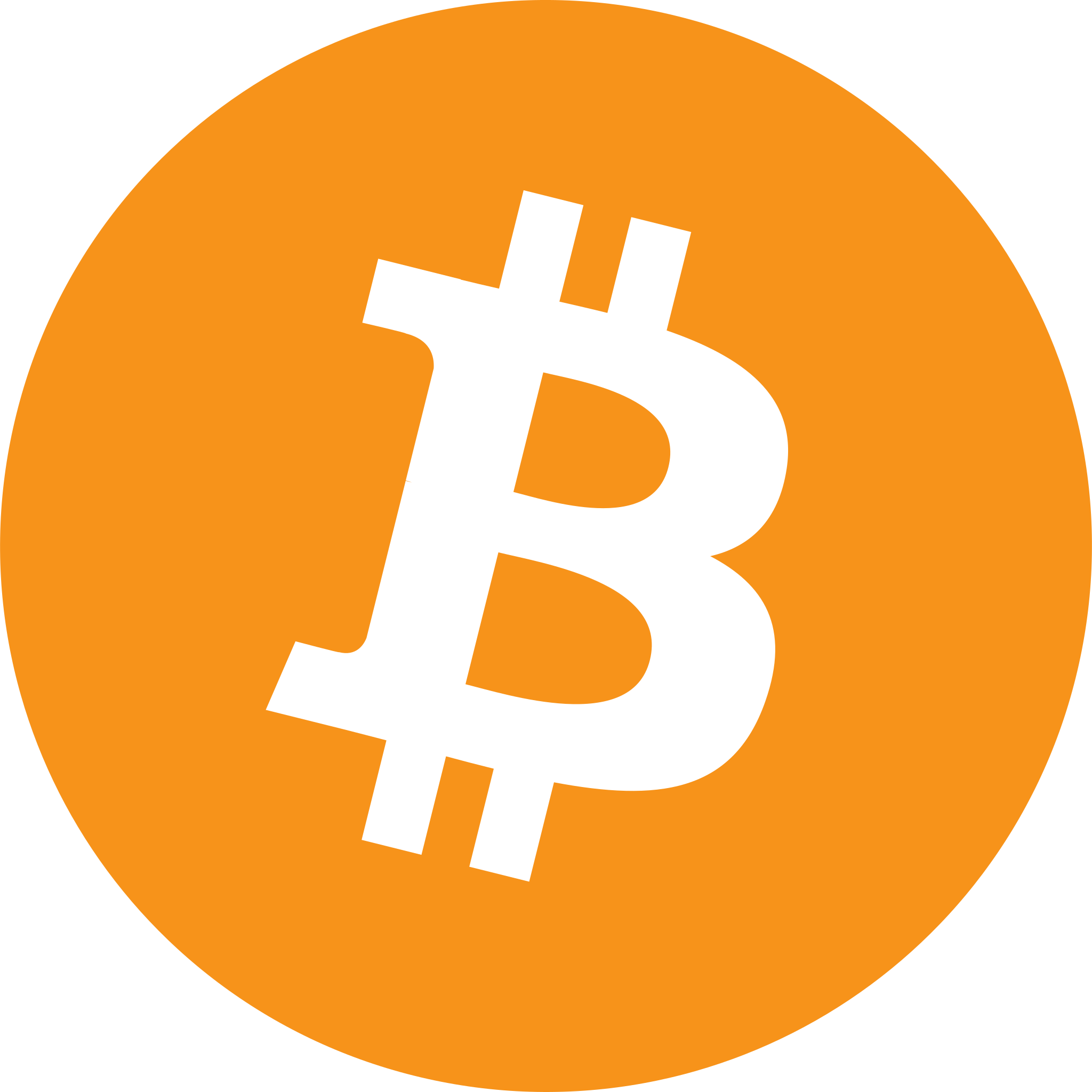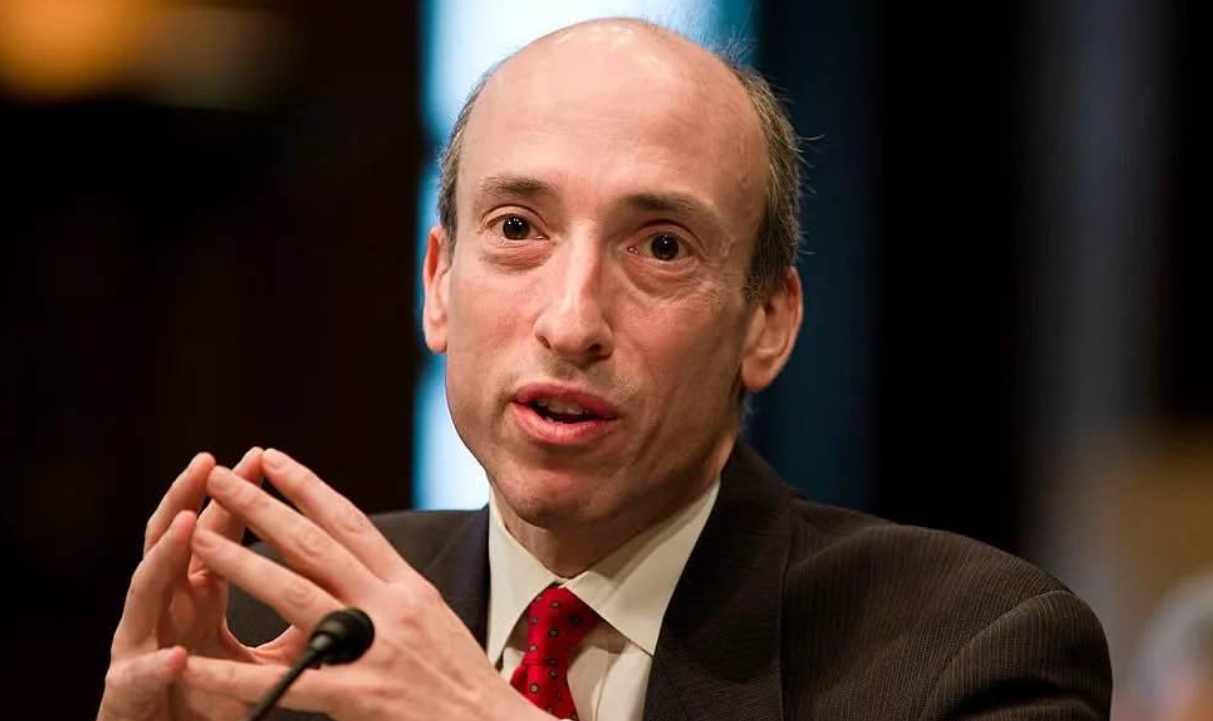Bitcoin  $104,577.96 price It’s having another terrible day and the outlook is negative even though the lockdown is about to end. Despite the decline in risk markets, there is a rise in risk-off assets such as gold. However, today’s agenda is more broadly about the future of cryptocurrencies in the US and globally.
$104,577.96 price It’s having another terrible day and the outlook is negative even though the lockdown is about to end. Despite the decline in risk markets, there is a rise in risk-off assets such as gold. However, today’s agenda is more broadly about the future of cryptocurrencies in the US and globally.
US Cryptocurrency Classification
New SEC Chairman Paul made important statements about classification today. With Project Crypto, the SEC, which quickly began to analyze the expectations of the industry after Trump’s election, is taking important steps. The initiative launched to support innovation created the right environment to take the next step. The extent to which cryptocurrencies will be exposed to federal securities laws will be determined.
In the previous process, the Howey investment contract test was applied flexibly to prove that cryptocurrencies were securities. We will see an advanced version of this applied to cryptocurrencies.
Importance of Classification
The question of whether cryptocurrencies are securities has been on the agenda for years. Because cryptocurrencies In an environment where it is not defined in federal securities laws, this question becomes meaningless. This uncertainty and chaos has led to significant problems regarding legal rights and legal treatment for years.
New SEC Chairman Paul stated once again today that most cryptocurrencies are not currently securities. However, it is possible that a particular token was issued during the securities offering in a way that meets the investment contract conditions. At least under current securities laws, the definition of “investment contract” is used for unspecified open-ended categories beyond designated instruments such as stocks, notes, bonds, etc. This term refers to the relationship between the parties. It is not unchangeable.
This is exactly where Gensler and Paul differ. An altcoin may have been issued in a way that meets the terms of the investment contract, but it cannot remain so forever.
“This erroneous view includes the assumption that every subsequent transaction, at all times and in all places, is a securities transaction. I have difficulty reconciling this view with the statutory text, Supreme Court precedent, or common sense.” – SEC Chairman November 12
The current perspective is not applicable and it is clearly stated by the new SEC administration that it does not benefit the United States while bringing significant costs.
Classification of Cryptocurrencies
Network tokens according to new SEC Chairman security not. These are intrinsically linked to the programmatic functioning of a ‘functional’ and ‘decentralized’ crypto system, and these markets determine its value, rather than the expectations of gains from the fundamental governance achievements of others.
Secondly NFTs It is not a security. For things like works of art, cards, game items, Gensler explicitly used the term securities. However, today Paul stated very clearly that these are not securities.

Tokenized versions of traditional assets that are considered securities in the real world are seen as securities. The fact that a product defined as a security is the version held in the crypto network does not change this.
In the broader context, what Gensler distorted Howey test To be understood correctly, Paul said;
“Most crypto- While the asset is not a security per se, cryptoassets may be part of or subject to an investment contract. These crypto assets, howey It comes with specific representations or promises to undertake essential managerial efforts that meet the test.
The Howey test essentially requires investing money in a joint venture with the reasonable expectation of profit from the principal managerial efforts of others. The buyer’s reasonable expectation of profit depends on the issuer’s representations or promises to make basic managerial efforts.
In my view, these representations or promises should be clear and unambiguous about the key managerial efforts that the issuer will undertake.
So the question must be asked: “How can a crypto asset that is not a security be separated from an investment contract?” The simple but profoundly meaningful answer is this: the issuer fulfills, fails to fulfill, or otherwise terminates its representations or promises.
For context, in the middle of Florida’s rolling hills, on land I knew well from growing up, was the headquarters of William J. Howey’s citrus empire. In the early twentieth century, Howey purchased more than 60,000 acres of largely untouched land to plant orange and grapefruit groves in the shadow of his estate. His company sold some of the garden land to individual investors and then offered to grow, harvest and market the fruit on their behalf.
The Supreme Court reviewed Howey’s regulation and established the test that would define “investment contract” for generations. But today, Howey’s land tells a different story. While the original mansion he built in 1925 still stands a century later, the citrus groves that once surrounded it have largely vanished, replaced by resorts, championship golf courses and residential neighborhoods. Today, it is hard to imagine that anyone standing in the middle of these fairways and cul-de-sacs would conclude that they constitute a security. Yet, for years, we have been watching the same test being rigidly applied to digital assets that have undergone equally radical transformations but still carry the tag of their launches as if nothing had changed.
The land surrounding Howey’s estate has never been a chattel. It became a security with a certain regulation, and when this regulation ended, it ceased to be a security. Of course, during this time, the land remained the same even though the businesses built on it completely changed.
Commissioner Peirce rightly noted that while a project’s token launch may initially include an investment agreement, these promises may not be valid forever. Networks mature. The code is sent. It distributes control. The issuer’s role is reduced or eliminated. At some point, buyers no longer trust the underlying management efforts of the issuer and most tokens are now traded without a reasonable expectation that a particular team is still in management. In short, a token is no longer a security because it was once part of an investment contract transaction, just as it is no longer a golf course because it was once part of a citrus grove investment plan.
Once it becomes clear that the investment contract has expired, token trading may continue, but these trades are no longer “securities transactions” due to the token’s origin story.”
In summary cryptocurrency An environment where the Howey test is distorted, things are brought to a dead end, and people are victimized, fed by hostility. SEC Instead of this approach, a constructive and positive approach will be adopted in the new period.









